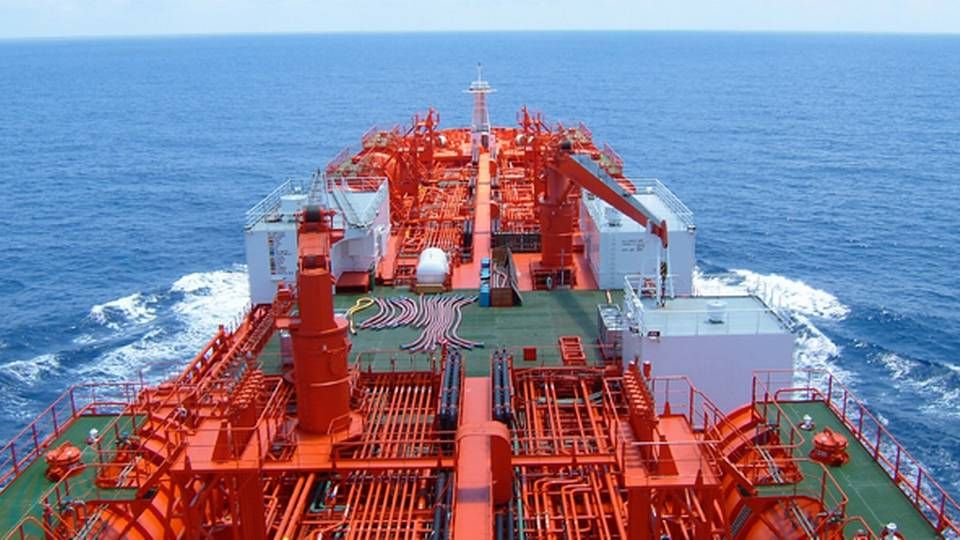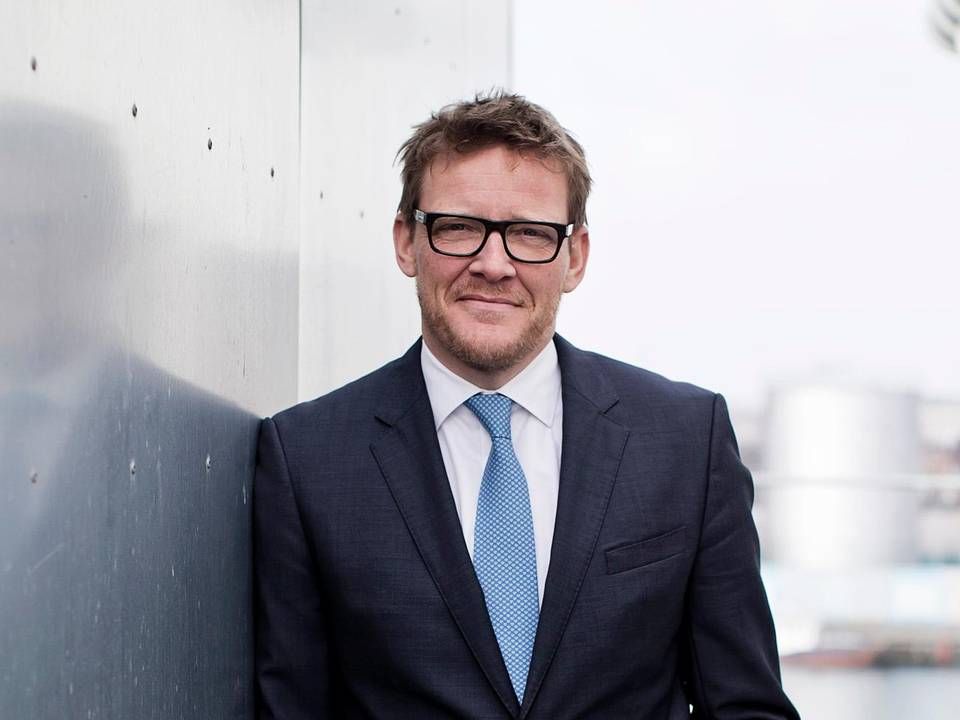Odfjell: Carriers must take responsibility for the crisis

BERGEN
Laurence Odfjell does not buy the explanation that the crisis in the chemical tanker segment is caused solely by the many new players who emerged after the boom in 2007. As chairman of the Norwegian-dominated Odfjell group, which in addition to operating a carrier is also active in the global terminal business, he has followed the market since he - as the fifth generation - actively joined the carrier in 2004. He has, thus, experienced the boom right before the financial crisis as well as the struggle in recent years to secure work for the far too many ships in the market.
Numerous competitors and market players in general often point to the equity funds' entry into the chemical tanker market - which resulted in soaring orderbooks - as the main reason that it is difficult to make money today. That ships today are, at best, sailing around with one fourth of their tanks empty. Last year Stolt-Nielsen voiced a very direct criticism of the private equity funds' negative impact on the market, but Laurence Odfjell believes that the carriers - including Odfjell itself - hold a significant part of the responsibility for the development resulting in a historical oversupply in the industry today.
"We could have been more proactive in the market when so many new players entered the field. Today many ships are sailing around with a coverage of 80-90 percent. This puts pressure on profits, and as such we need to look at the market in a new way," says Laurence Odfjell in an interview with ShippingWatch.
Consolidation underway
He says that the "the next big thing" in the industry must necessarily be new collaborations or a kind of consolidation, which has been deemed acute following the negative markets in recent years. Right now, he says, everyone in the industry is sending out signals, but he declines to comment on whether, or to which extent, contacts are being made across the sector.
"I don't think one can just say that the crisis is caused by the private equity funds' entry into the market. Rather, the fragmented market with numerous players has helped create the situation in which we find ourselves today. This can actually be traced all the way back to 2007, where we were caught up in the hype that emerged. Chemical tanker experienced a bonanza, with an orderbook that changed the entire market dynamic. We took positions on ships in 2007 and 2008 on which we've subsequently lost significant sums of money. That is to say, if we had sold more ships back then we would have been making good money," he explains.
A 100 USD cut
The new market conditions with far more competition for cargoes and, in Odfjell's case, a structure that had become too expensive, made the group launch a new cost reduction plan in late 2014 aimed at cutting USD 100 million from the company's costs by the end of 2016. 48 percent of the initiatives have already been implemented, and Laurence Odfjell is thus confident that the plan will be completed within this timeframe. However, it remains uncertain whether the group will be able to post a profit this year following three years with a combined deficit of USD 300 million.
"We are of course working toward a profit in 2015, but our bunker contracts could make it more difficult," he says.
In the first quarter the carrier realized a loss of USD 15 million on bunker contracts, as Odfjell revealed in relation to the recent publication of the carrier's interim report. Without this loss, the company would likely have booked a profit in 2015. But the company is absolutely looking to secure a black bottom line again by 2016 at the latest.
Necessary fleet renewal
One factor that is getting increasingly acute for Odfjell concerns the fleet, where the carrier needs a fleet renewal for which the finances in recent years have been insufficient. Here, the combination of many new ships and a market under pressure could turn out to be an opportunity for the Norwegian carrier, says Laurence Odfjell.
"We've almost completed half of the efficiency plan that we launched in December, so we're becoming increasingly competitive, and we now have a setup that allows us to maintain our part of the premium market. We're seeing no indicators that we won't be able to make money, and we're looking into opportunities for a fleet renewal. We need to position ourselves for the future and to take on time-charter tonnage between 2016 and 2018. Many of the new ships could represent attractive opportunities in this regard," he says.
The terminal business, where Laurence Odfjell's own career in the family-dominated shipping group began ten years ago, is also doing better after several years in which Odfjell Terminals in Rotterdam has been a costly affair for the group. The positive developments in the terminal business were confirmed by Danske Bank in an analysis last week.
"Terminals is a good business. These are major projects that take time to develop. Asia and China represent key regions where we're currently developing two new terminals," says the 50-year old chairman.
Odfjell recently appointed Clipper Group CEO Kristian Mørch as its coming Chief Executive.
Odfjell improved operating result but lost USD 15 mln on bunker
Kristian Mørch: Odfjell must strengthen its position
Clipper Group CEO appointed new head of Odfjell
Related articles
Kristian Mørch: Odfjell must strengthen its position
For subscribers
Clipper Group CEO appointed new head of Odfjell
For subscribers





















